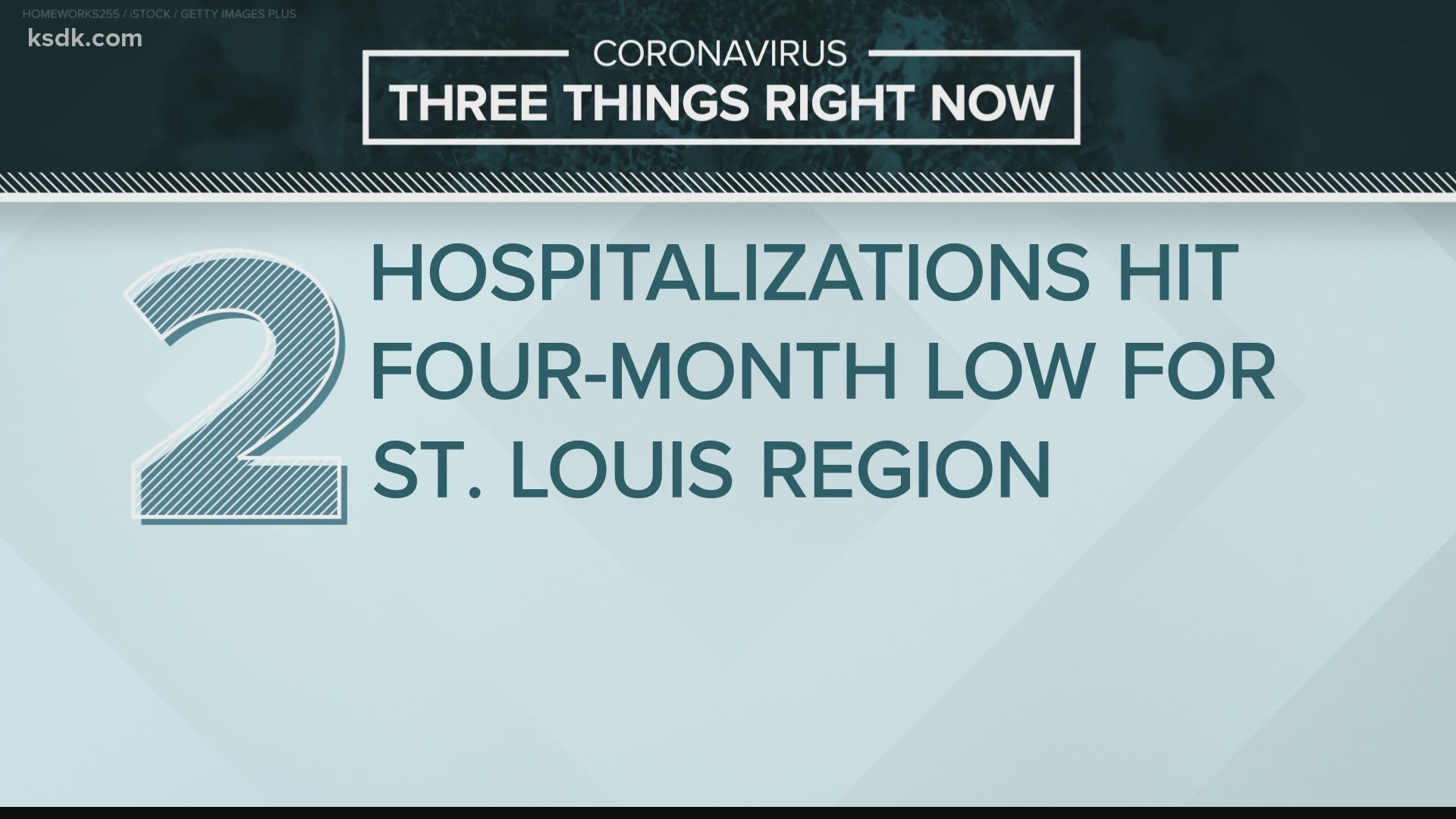COLUMBIA, Mo. — What goes in, must come out — and researchers are using it to paint a clearer picture of COVID-19 trends and emerging new variants.
The "Sewershed Surveillance Project" is a lot what it sounds like. Since June, the Missouri Department of Health and Senior Services has partnered with the Department of Natural Resources and the University of Missouri to track COVID-19 in the wastewater of more than 50 participating communities across the state.
Evidence of the project's usefulness has already shown itself -- while only one case of the UK coronavirus variant has been officially confirmed in Missouri, wastewater testing tells a different story.
The project collects weekly samples from wastewater treatment plants or other sewershed access points, such as manholes. They're then processed in a lab and analyzed for genetic markers called N1 and N2. In February, researchers began conducting sequence monitoring of samples, which allows for the identification of variant virus strains.
"While not highly prevalent, their studies indicate the B.1.1.7 (UK) variant is present in samples collected from throughout the state," DHSS said in a Friday afternoon news release.
Genetic material from the virus can be present in human waste even when the person has no symptoms. The testing can't identify the number of individuals infected, but it can track the viral load for the community, which the project makes available in a regularly updated interactive map and graph.
"This is new science for COVID-19 tracking," the project's website says. "Missouri is one of the first states to initiate this testing and this is one of the largest scale projects in the U.S."
Many people can be infected for days before they start to show symptoms. However, the virus could be detected in their waste in the meantime, which could sound the alarm early on new or worsening outbreaks.
"As data are collected and trends are identified, that information may be helpful to track the progression of the virus in communities and inform public health strategy," the project said.
The project noted there is no evidence that people can catch COVID-19 from being near a wastewater treatment plant and no evidence the virus is viable as it travels through sewage systems.

